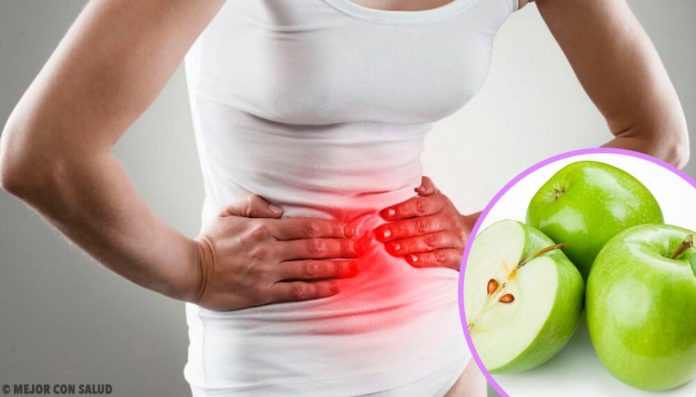Everyone knows that gastritis is an inflammation of the stomach lining , accompanied by unpleasant pain and burning in the esophagus (acid). Apart from the unpleasant sensation, the disease is the cause of reduced absorption of important nutrients.
Chronic gastritis can lead to serious complications, but the good news is that the disease is curable through medication and in some cases only by a change in diet and lifestyle.
In most cases, acute symptoms disappear for a week, two after a diet and elimination of the inflammatory agent.
Several constraints should be observed when exaggerated gastritis – eat small and often, avoid using non-steroidal anti-inflammatory drugs ( Nimesulide, Ibuprofen, Piroxicam, Diclofenac , etc.), restrict alcohol use, stop smoking, reduce stress.
Everyone with gastritis responds differently to different foods, so it’s best to start dieting using the exclusion method . Track what foods exacerbate the condition and remove them from your menu.
What are the foods you need to avoid during gastritis?
Citrus fruits and juices. Orange, lemon, grapefruit, lime contain large amounts of natural acids, which are usually useful. In gastritis sufferers, they may cause the disease to exacerbate. Clinical tests have shown that citrus helps relieve neurotransmitters that increase pain in people with stomach inflammation.
Tomatoes. Like citrus, tomatoes are also acidic foods and can irritate the sensitive stomach. Small amounts in some people may not be a problem. Others require complete elimination from the diet.
Milk and milk products. For years, it has been thought that milk protects the stomach lining. It turns out that this is not the case. Calcium and amino acids in milk stimulate gastric acid secretion and worsen the symptoms of gastritis. Check how your milk consumption affects you. If you do not feel a worsening of the symptoms, there is no reason to exclude these useful products from your menu.
Alcohol . Regular alcohol consumption damages the stomach lining and increases stomach pain.
Caffeine . Caffeine itself does not cause gastritis or ulcers, but it may worsen the symptoms. It is acidic and can cause pain and burning behind the sternum.
Spicy foods . They are also not the cause of the disease but exacerbate the symptoms of an already existing condition. Such foods are hot peppers, curry, and more.
Avoid fried foods, foods with added sugar, chips, trans fats. They all make things worse.
Which foods are recommended for gastritis and stomach ulcers?
Foods containing antioxidants. Such are vitamins rich in vitamins. C (peppers, broccoli, hips, etc.), vit. A (liver, carrots, apricots), flavonoids (all fruits and vegetables contain them). They reduce inflammation and improve digestion. Sources of antioxidants are all fresh fruits and vegetables. Especially recommended in gastritis are: onions, pumpkins, peppers, leafy vegetables, artichokes, asparagus, fellers, fennel, ginger, turmeric, blueberries, apples and others.
Probiotic foods. Studies have shown that the intake of probiotics supports the treatment of H. pylori. A major source of probiotic bacteria are dairy products (if you feel good after eating). Probiotics influence inflammation and gastric acid formation.
Garlic . He is arguing about the influence of garlic in gastritis. Some studies have exacerbated gastric condition and pain. Other studies claim that it is a natural anti-inflammatory agent and has a beneficial effect on the disease. Moreover, daily consumption of garlic has a protective effect on inflammatory conditions of the stomach and esophagus.
Foods rich in fiber. Fiber has a beneficial effect on gastritis and other diseases of the digestive system. Studies suggest that fiber-rich food reduces the risk of developing stomach ulcers by up to 60%. The sources of fiber are pulses (beans, lentils), almonds, whites, and so on.
Omega 3 fatty acids and proteins. They promote the regeneration of gastric and intestinal mucosa and reduce inflammation. Turn on fish once a week on your menu. Omega 3 acids are also found in avocado, olive oil, and so on. Proteins are contained in meat, eggs, fish.







